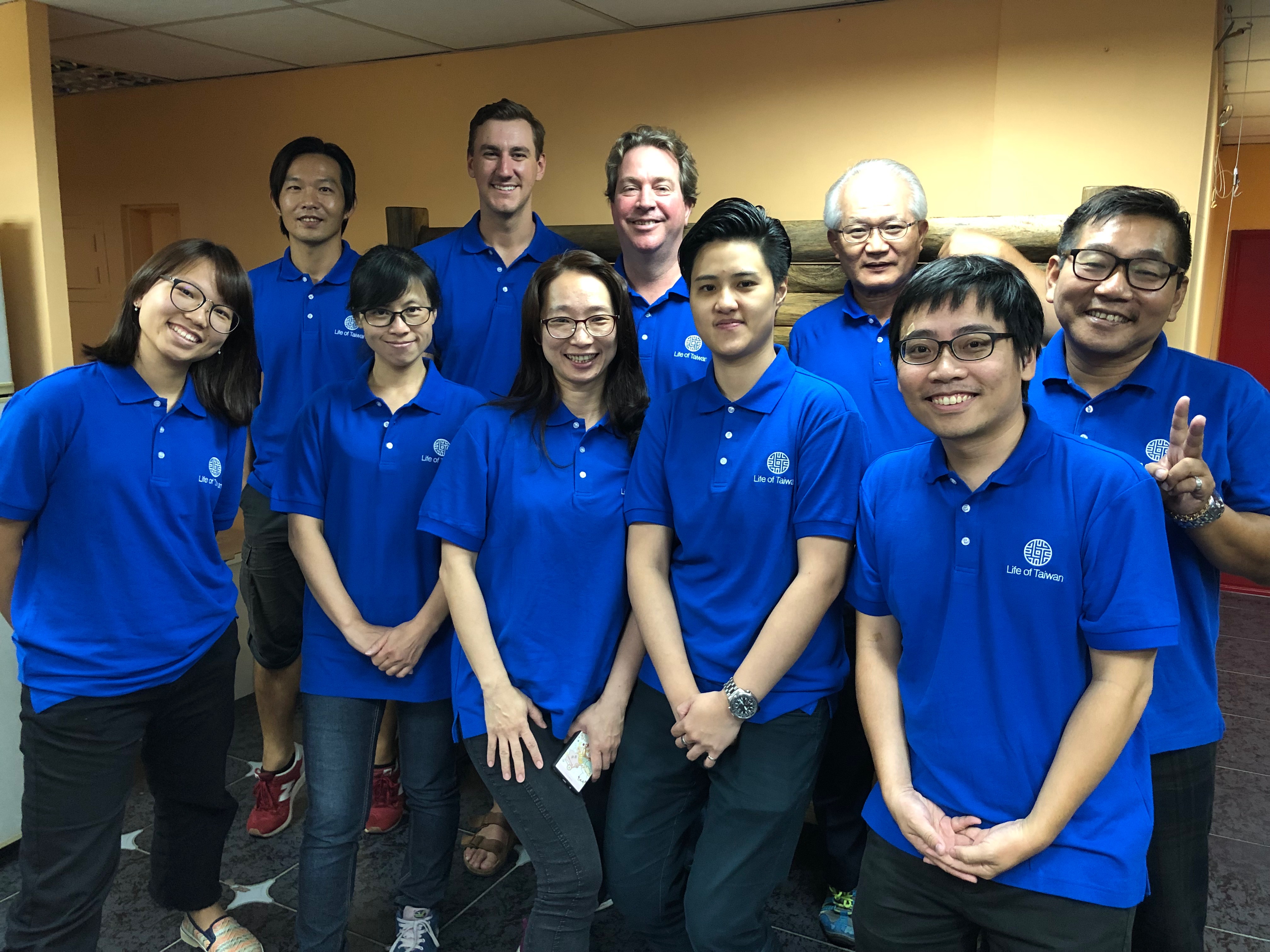Taiwan’s growing popularity among Western travellers is evident from the increasing number of visitors from the US, Europe, and Australia. In an interview with Mark Pemberton, the founder and managing director of Life of Taiwan, we gain insights into the surge of interest in Taiwan and the opportunities it presents for tourism professionals.
Mark Pemberton notes that tourists traveling long distances, those with flights taking more than six hours, tend to extend their stay in Taiwan. For Life of Taiwan’s clients, the average visit spans eight to nine days, allowing them to explore the island extensively. Pemberton emphasises their commitment to providing authentic experiences through private tours of Taiwan that immerse travellers in Taiwanese culture and homes, going beyond typical tourist spots.
He points out that the majority of their clients come from Western countries, with some being Westerners residing in Asia or Taiwanese-Americans returning to explore their roots. Life of Taiwan’s focus on providing premium travel experiences tailored to the needs of discerning travellers sets them apart.
Pemberton, originally from the UK, highlights the advantage of being native English speakers. He suggests that local tour companies often prioritise low prices over understanding customer preferences. Life of Taiwan’s dedication to comprehending international tourists’ expectations and delivering first-class service has contributed to their success.

While praising the warmth of the Taiwanese people, Pemberton suggests that Taiwan could improve its international appeal. For instance, he mentions the need for more information in languages other than Chinese at historical sites like the Dutch fort in Anping, Tainan, to enhance the user experience for foreign travellers.
Lastly, Pemberton emphasises the importance of environmental responsibility in the tourism sector, advocating for a reduction in single-use plastics and encouraging travellers to use water flasks. This effort would contribute to keeping Taiwan’s beaches and national parks free from plastic waste, preserving the island’s natural beauty.
Mark Pemberton’s insights reflect the growing potential of Taiwan as a destination for Western travellers and the role of tourism professionals in facilitating this trend.

